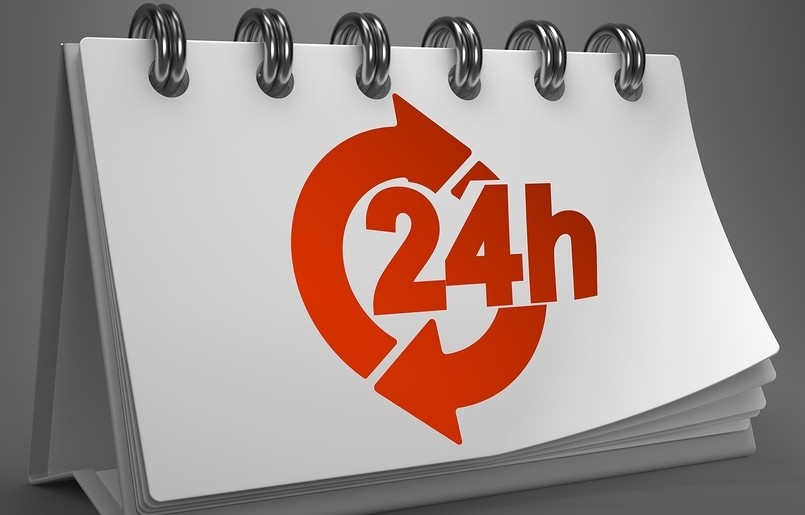Do you experience “brain clutter?” You know, when you’ve got so many things to keep track of, your head might explode? I know I sometimes do.
Hours in a week: 168. Everyone has the same number of hours in a week and yet some of the clients I’m working with seem to manage time better than others. Some of the busiest people with less time apparently get more done with less stress and overwhelm. How do they do it?
I’ve observed a lot of successful executives. Those who accomplish the most without stress aren’t necessarily the brightest or the best leaders. But they have mastered time management and productivity, and more importantly, their attitude towards getting things done. They are masters at managing overwhelm.
Which leads me to think it’s not so much how we manage our tasks as much as how we manage our attitude and mindset. In my previous posts I mentioned four things that contribute to feelings of overwhelm and stress:
- Ambivalence, indecision and self-doubt
- Tolerations
- Unfinished projects
- Random mental clutter
What Exactly Is “Brain Clutter?”
This is the flotsam of daily life that has no permanent home. It’s all the things you need to do, the things you want to remember, the special dates, a funny story, but which have no time or next steps attached to them.
It’s easier to keep a space neat when everything has a place. Your desk and your office are important spaces for you to keep organized. And so is your mind.
But when there are numerous things that have no place and we try to hold them in our working memories, like a “don’t forget” list, they turn into floating anxiety. Brain clutter just takes up space and creates anxiety because we don’t really have a plan. We not only risk forgetting, but we put our brains under unnecessary stress because things that aren’t filed and “solved” create loose ends.
So you need to keep a calendar, a master to-do list and a place to jot down every random thing that pops into your mind that you want to remember. When you rely on your memory to keep track of your tasks and grocery list and “someday” projects, your brain quickly gets overwhelmed.
Get all of this information out of your head and onto paper or an electronic file. This frees up space to concentrate on the tasks that really matter to you.
Recognizing and reducing mental friction and brain clutter is a process. It doesn’t need to happen all at once to see immediate changes in productivity and feelings of energy. Change one small thing, then another.
As author Brigid Schulte explains in her book, Overwhelmed: Work, Love and Play When No One Has the Time, “Clearing the clutter in my head and the guilt that hung over every halfhearted decision has given me more peace of mind than any elaborate time management system.”
How can you start to declutter your brain today? Got questions or need help? Contact me here.

Did You Enjoy This Article?
Join thousands of other smart business owners like yourself & get our Proffittable Times newsletter.
It's filled with actionable content you can apply immediately.
Sign up now to get started!
– Coach Nancy










